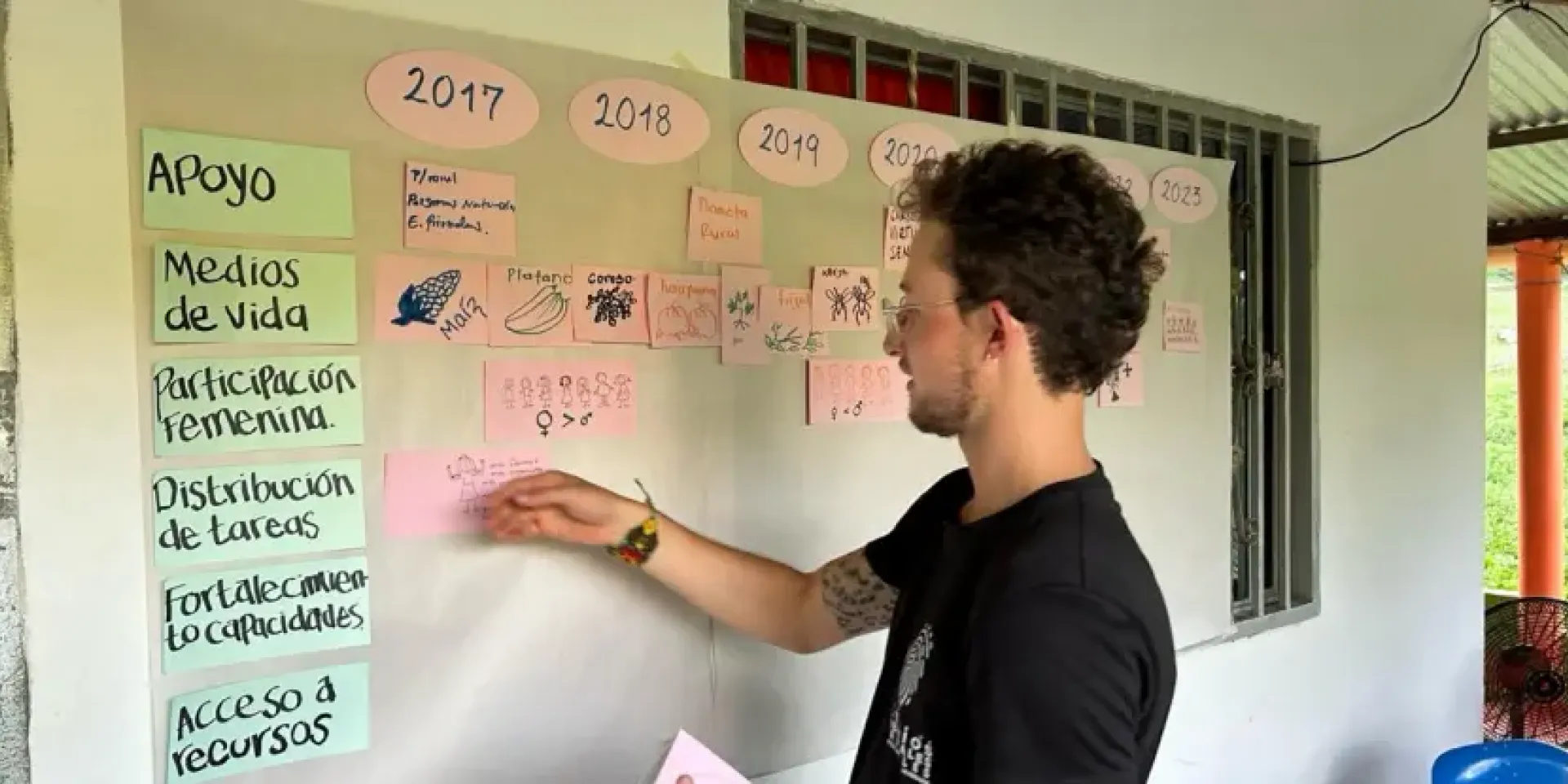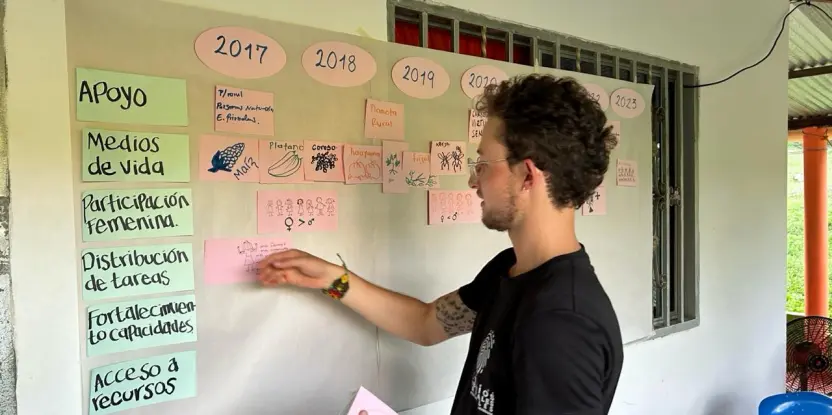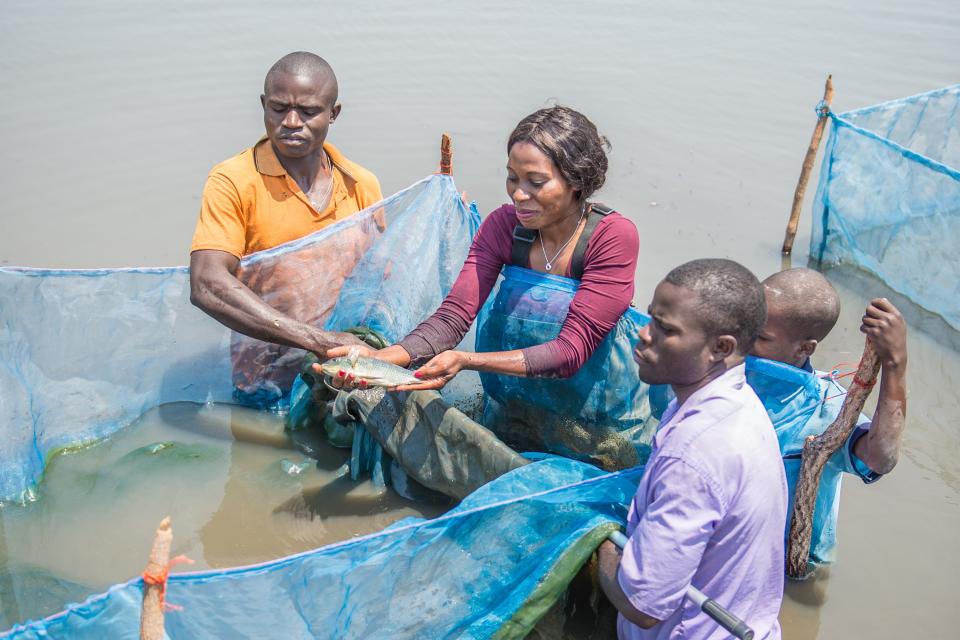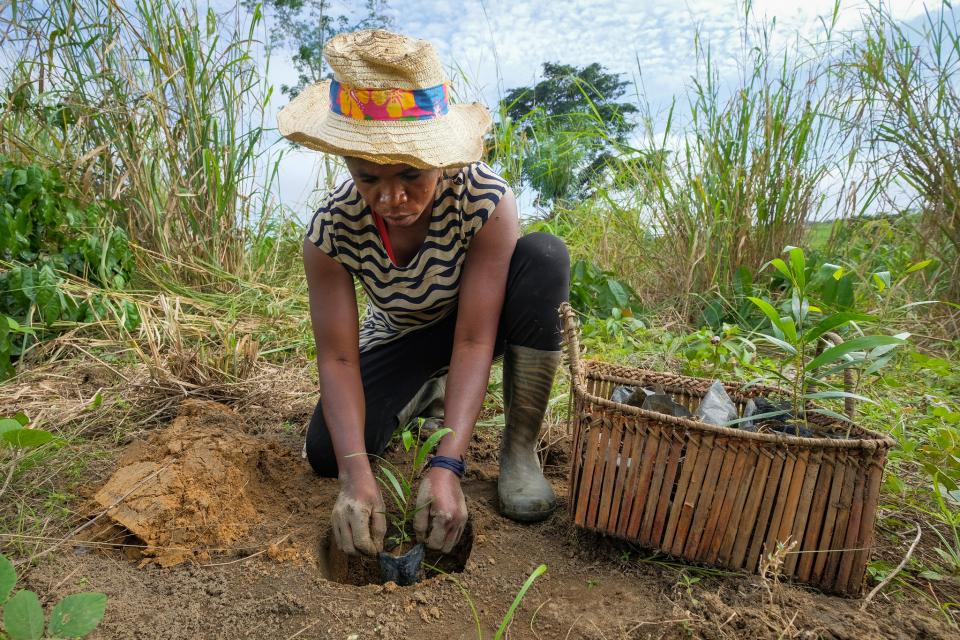Learning outside the classroom: Closer perspectives on gender and development research

Involving early-career professionals in social research
Editor’s note: Sara Soto, Luisa Almanza and Juan David Hernández are undergraduate ecology students in the environmental and rural studies faculty of the Pontificia Universidad Javeriana in Bogotá, Colombia, and research assistants for the Global Gender Transformative Approaches Initiative for Women’s Land Rights.
As part of the research team at the Observatory of Indigenous Territories and Smallholder Farmers at Colombia’s Pontificia Universidad Javeriana, we have embarked on our initial foray into the field of social research. In this article, we aim to underscore the significance of these experiences for aspiring professionals.
The study Securing Women’s Resource Rights through Gender Transformative Approaches (WRR), forms part of a global initiative led by the Center for International Forestry Research and World Agroforestry (CIFOR-ICRAF) and funded by the International Fund for Agricultural Development (IFAD), with implementation in Colombia overseen by Universidad Javeriana. It aims to analyze development interventions supported by IFAD, identifying potential lessons to inform gender-transformative approaches in rural settings.

A participant in the scoping workshop led by Javeriana university students. Photo: WRR Colombia.
In Colombia, the study has so far focused on specific beneficiary groups of the El Campo Emprende programme in the Bolivar and Cauca regions, which is implemented by the Ministry of Agriculture and Rural Development. This programme offers technical support, training, access to financing, and mentoring to rural entrepreneurs to help them successfully develop their projects.

